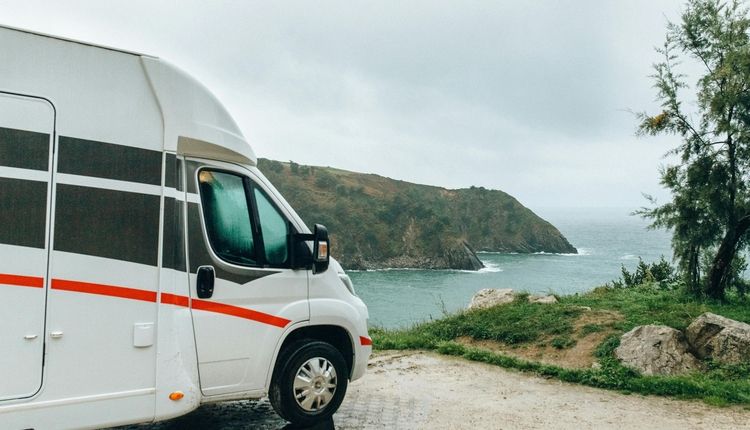
RV Insurance in the Off-Season: Do You Still Need It?
For many RV and travel trailer owners, the fall and winter months mean fewer road trips and more time in storage. Whether you park your RV in a garage, on your property, or at a storage facility, it’s important to know how your RV insurance should adjust during the off-season.
Even when it’s not on the road, your RV is still at risk for theft, weather damage, vandalism, and more. Let’s look at why keeping coverage active matters—and how you can save money while staying protected.
Don’t Cancel Your RV Insurance
It might seem like a good way to cut costs, but canceling your policy during storage months leaves you financially vulnerable. If your RV is stolen, damaged, or causes harm while uninsured, you’ll be fully responsible for repairs and liability. In Florida, you must keep continuous insurance coverage in place.
Instead of canceling, consider raising your deductibles—especially on collision coverage. This helps reduce premiums while keeping your protection intact.
Consider Where You Store Your RV
Your storage setup directly impacts your risk level:
- Garage or climate-controlled facility: Best protection against weather and pests.
- Driveway or open lot: Higher risk of theft, vandalism, or storm damage.
If your RV is stored off-site, let your insurance company know. Some policies require updated storage information for your coverage to remain valid.
Protect What’s Inside Your RV
Electronics, camping gear, and tools are common theft targets. Check whether your RV policy covers personal belongings during storage. Sometimes homeowners insurance or renters insurance may extend coverage, but this is not guaranteed. An agent can review your limits and recommend adjustments.
Update Coverage Before Hitting the Road
When spring rolls around, don’t forget to review your deductibles and ensure your coverage is set for travel. Liability and collision should remain active year-round, but confirming before your first trip helps avoid gaps in protection.
Final Thoughts
Even in storage, your RV isn’t risk-free. Keeping your insurance in force and adjusting deductibles is the smart way to save money while protecting your investment. Learn more about RV insurance here or get a free RV insurance quote today.
RV Insurance FAQs
Do I really need RV insurance when my RV is in storage?
Yes. Risks like theft, fire, vandalism, or falling objects can occur year-round. In Florida, insurance must remain active at all times, even when your RV is not being driven.
Can I reduce costs without canceling my policy?
Yes. Increasing your deductibles—especially on collision coverage—can help lower your premium while maintaining full protection.
Does my homeowners' insurance cover belongings stored in my RV?
Sometimes—but not always. Some homeowners or renters policies may extend coverage, but limits are often low. RV insurance with personal property coverage is the safest option.
Do I need to update my policy before driving again?
It’s a good idea to review your coverage and deductible choices before you hit the road. Ensuring you have the right liability, collision, and comprehensive protection will keep you legally compliant and financially secure.
📖 Related Articles
- 🚗 Comprehensive vs. Collision Auto Insurance: What Florida Drivers Need to Know
- 🏠 4-Point Inspection in Florida for Home Insurance: What It Is & Why It Matters
- 🏚️ Vacant Home Insurance in Florida: A Guide for Homeowners & Investors
- 🌊 Flood Insurance Florida: What Jacksonville Homeowners Need to Know
